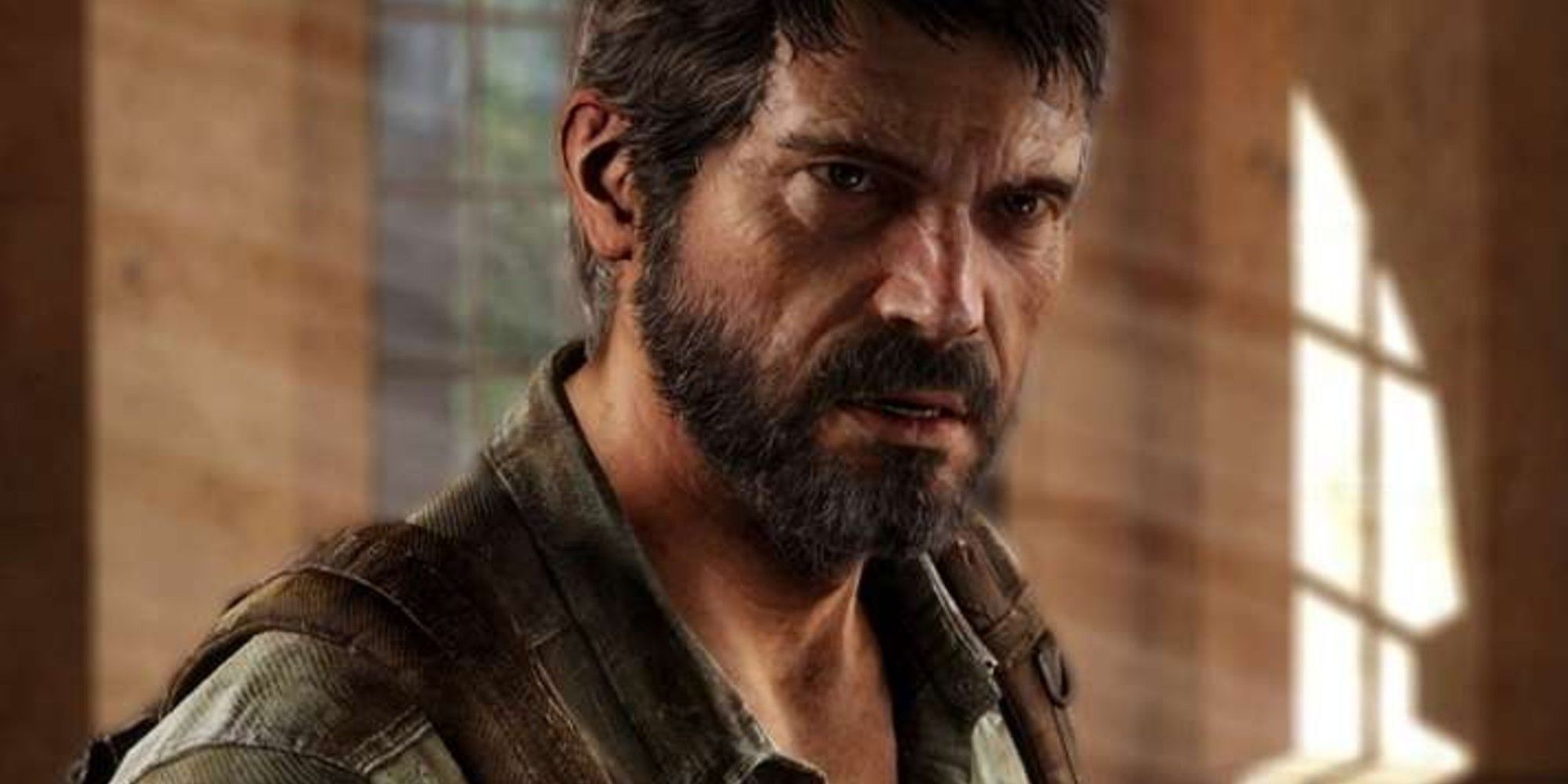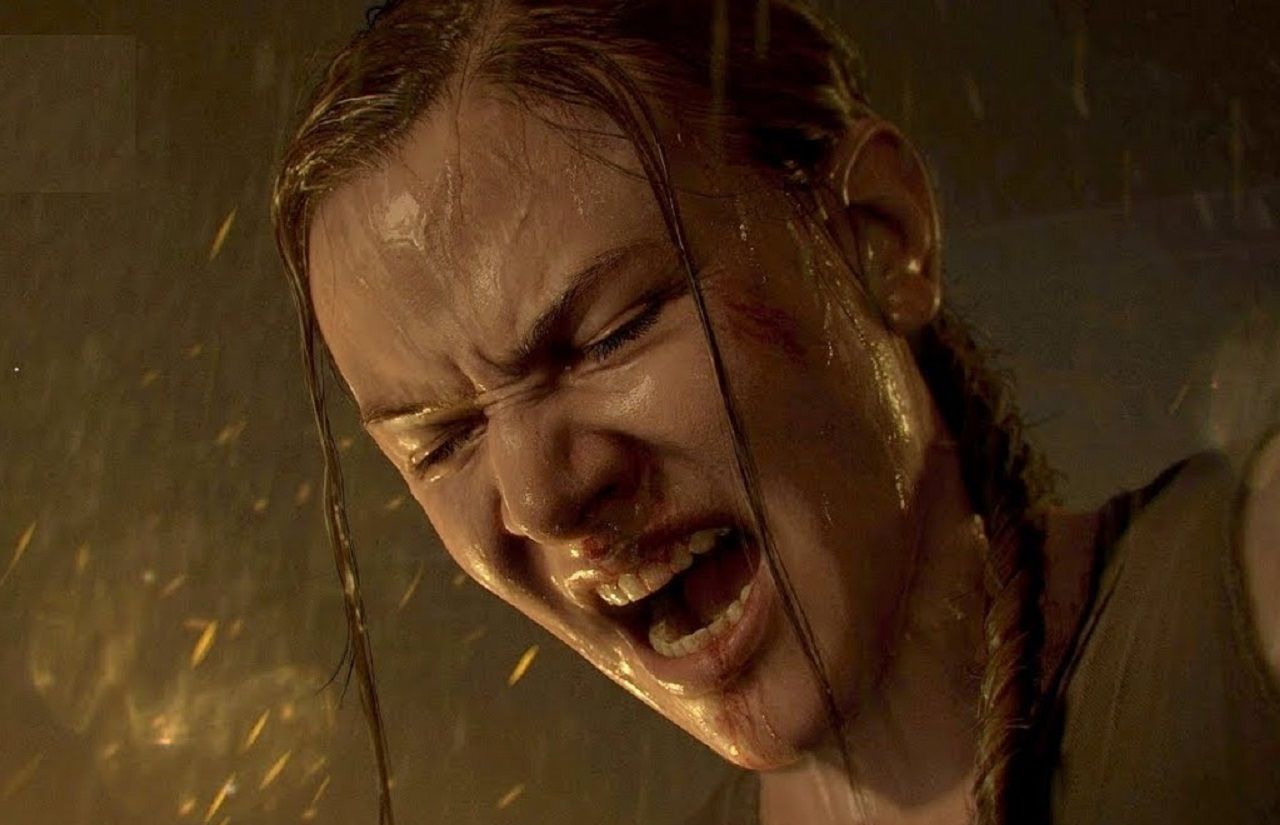[WARNING: Spoilers for The Last of Us: Part 2 below]
Character development is one of the most defining traits in The Last of Us. In both entries, characters turn from violent, un-empathetic killers into gentler, more human parental figures — regardless of the morality of their actions. The Last of Us Part 2 introduces a character that is designed to brew hatred in players, but as the story evolves it becomes clear that she’s much more relatable.
Right off the bat, The Last of Us Part 2 throws away all expectations of a jolly adventure between Joel and Ellie. It doesn’t take very long before that scene happens, and the image of Joel’s disfigured face is ingrained in the minds of players for the remainder of the game. This spurs a moment of dissonance when the second half of the game revolves around Joel’s killer, causing a stir of online controversy.
While Ellie and Abby set off on similar paths, it’s apt to compare Abby’s journey to Joel’s. Joel suffers a major loss at the beginning of the outbreak with the death of his daughter, Sarah, and it’s implied that her death changed Joel for the worse. He spent years as a hunter and presumably murdered and tortured several innocent people. Only after meeting Ellie does he turn into a gentle father figure again. A similar development happens with Abby. After her father’s death, she devotes years plotting revenge against Joel and it blinds her morality until she attempts to redeem herself by saving a boy named Lev.
Joel and Abby's Forgiveness
These parallels are reflected directly in the gameplay and animations. Ellie plays noticeably different from Joel in the first game. She uses knives, focuses more on stealth, and is generally a lighter character. Abby, on the other hand, relies on her fists, uses heavy weaponry, and can craft shivs like Joel used to. The similarities don’t end there. Both Joel and Abby are mocked for muttering in their sleep, and they even have similar reactions when confronted about their uses of torture. There’s no denial, but they’re both ashamed to admit their past actions to the children in their care.
Joel rescuing Ellie at the end of The Last of Us is emulated by Abby when she saves Lev at the end of The Last of Us Part 2. The two go through tumultuous events, but regardless of what happens to them, the ultimate goal is saving their surrogate child. This includes their choice of words, “I got you,” in each respective scene. Joel’s development after agreeing to save Ellie shows a gentler man, one who plays guitar and wants to live a peaceful life. Meanwhile, Abby abandons her entire faction, sympathizing with who she once considered an enemy, and devotes the rest of her life to helping her new surrogate son in the hopes of also reaching peace.
Reading a synopsis of the story gives the impression that The Last of Us Part 2 is a generic story about revenge. In reality, it’s a story about forgiveness and consequences. While Ellie struggles to forgive Joel for his actions in the first game, she is ultimately only able to do so after painfully forgiving his parallel at the ending of Part 2. Abby herself goes through several instances of forgiveness, including sparing Ellie’s life twice and coming to the realization that killing Joel simply wasn’t worth it. If Abby could know how similar she would end up being to Joel, she may have reconsidered her actions.


